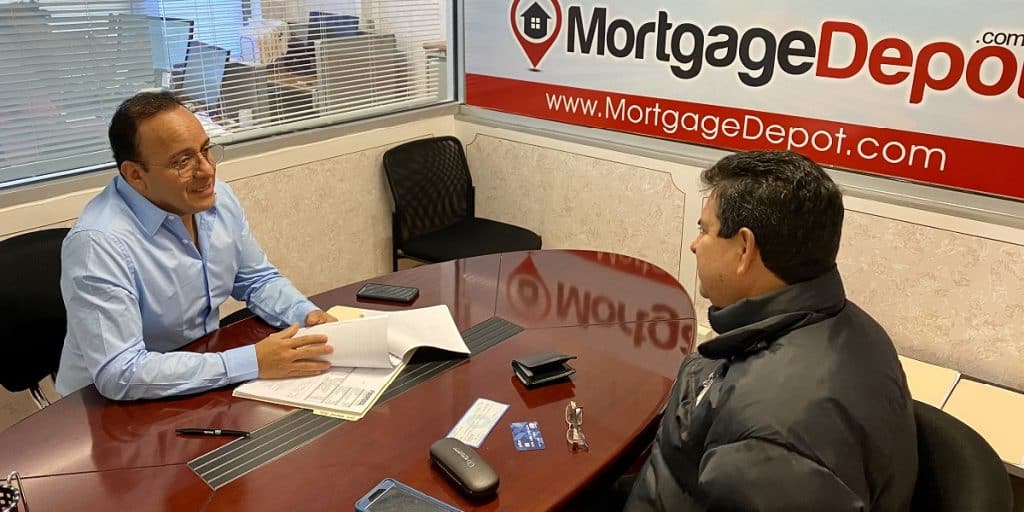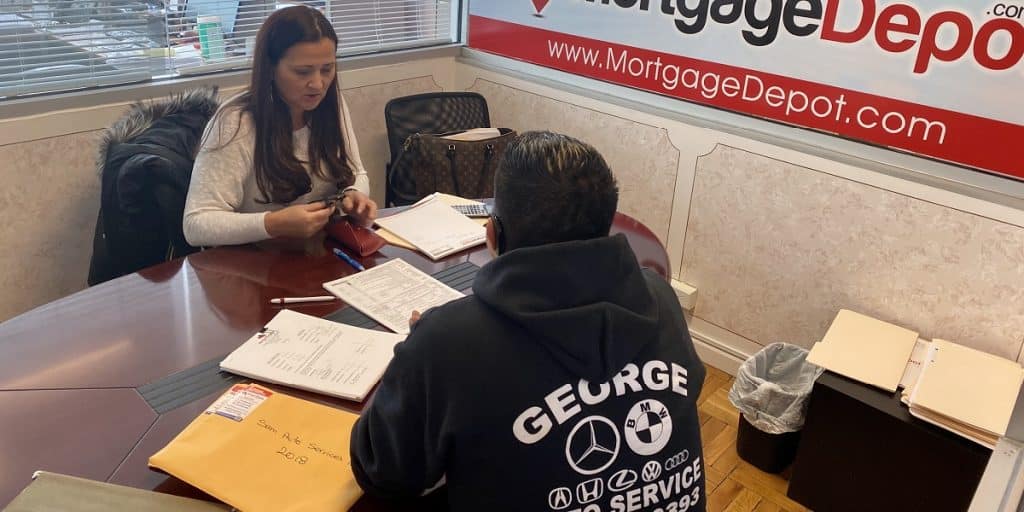
Let’s talk about refinancing your mortgage. In short, refinancing your mortgage means that you’re replacing your current mortgage with a new one. Your new mortgage pays off your old one, and you’re then responsible for paying off your new mortgage.
Sounds simple and direct, right? But landmines and pitfalls can abound throughout your mortgage refinancing process. The trick is to recognize the potential refinancing mistakes along the way and avoiding them altogether.
So what exactly are the biggest mistakes to avoid during a mortgage refinancing deal? These following budget-busters certainly qualify:
1. Not shopping around to find the best rates and fees
You wouldn’t buy anything without first shopping around for the best price but consumers often make the biggest financial decisions of their lives by going with the very first person who gets back to them. Big mistake, you’ve got to compare offers.
2. Not calculating the total cost of a refinancing deal
People, you’ve got to calculate the total cost, not only the interest rate. Given rates and fees plus additional closing points that add to the costs, refinancing to a lower rate might actually wind up costing you money in the long run.
Before you sign anything, look at the fine print and the actual contracts, and read ALL the fine print. Do a comparison between the terms of your original loan documents, including the fees paid to the lender, estate fees, and all miscellaneous and additional costs to the new mortgage being offered to you by the lender.
3. Getting involved in a mortgage loan forbearance
If at all possible, don’t put your mortgage on forbearance – that will cost you when you try to refinance your home loan. Even if your bank is offering forbearance, allowing you to skip two or three payments for 60-90 days, you may owe the outstanding balance in full depending on the terms of the agreement. That’s risky if your income is questionable right now, and you’re also saying to the bank, ‘We can’t pay the amount we previously agreed to pay.’
4. Not getting your credit in order in advance
Don’t take out a new credit card, a loan or make big purchases if you’re considering a refinance. A new credit application could negatively impact your score and your mortgage refinance rate. Also, know your credit score before you apply for refinancing. A credit-slip up surprise often derails a refinance agreement.
Contact one of our loan consultants to learn more about this program.
Have questions or need help?
Call us now at 800-220-LOAN
Request a call back or email us your questions!







